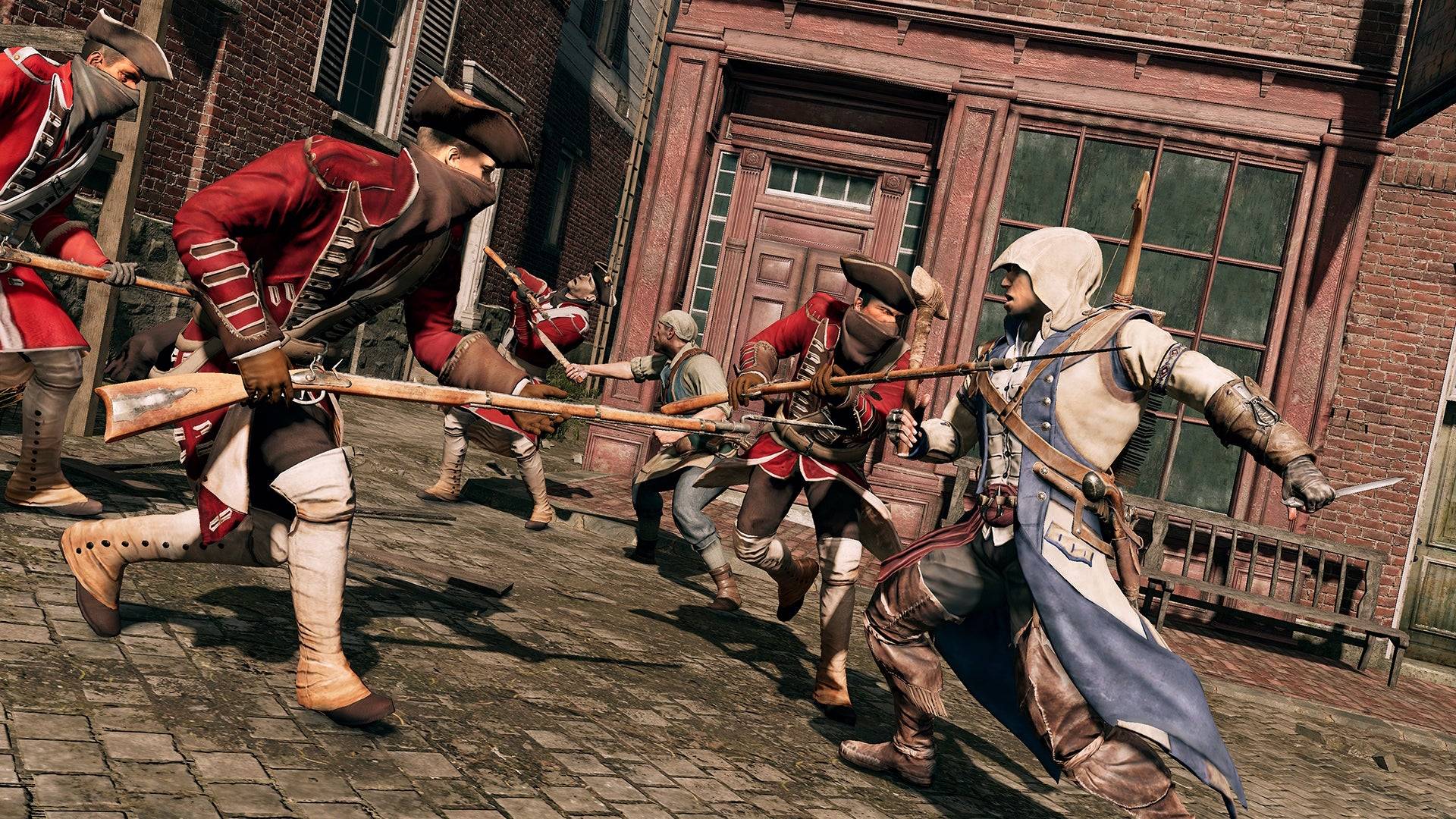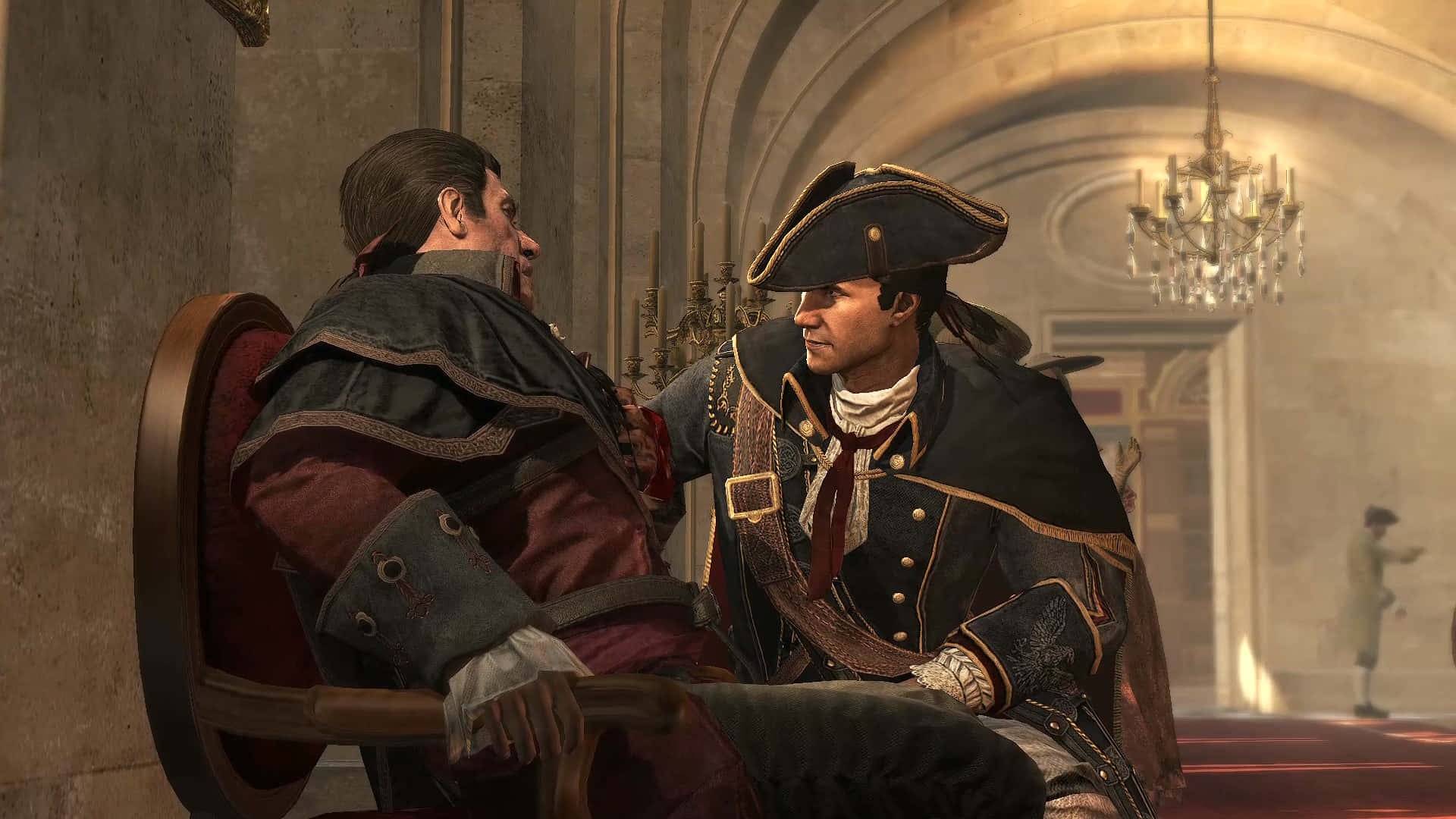One of Assassin's Creed's most unforgettable moments occurs early in Assassin's Creed 3 when Haytham Kenway assembles his team in the New World. Initially presented as assassins, Haytham's charismatic leadership and hidden blade seemingly confirm this assumption - especially after heroic acts like freeing Native Americans and confronting British soldiers. The shocking revelation comes when he speaks the Templar creed: "May the Father of Understanding guide us." Suddenly, players realize they've been orchestrating missions for their sworn enemies.

This masterful storytelling represents Assassin's Creed at its peak. While the first game established compelling gameplay mechanics around assassinating targets, its characters lacked depth. Assassin's Creed 2 improved matters with charismatic protagonist Ezio Auditore, though villains remained underdeveloped. Only Assassin's Creed 3 achieved perfect balance - equally fleshing out protagonist Connor and antagonists like Haytham. The result was unparalleled narrative cohesion and character depth.
The Cost of Expansion
While the recent RPG era has found commercial success, consensus suggests the series has lost its way. Debate continues about the primary causes - from mythical boss battles to controversial representation choices like Yasuke in Shadows. However, I'd argue the core issue lies deeper: the gradual erosion of character-driven storytelling beneath expansive open worlds.
The franchise's transformation into an RPG-lite experience brought dialogue trees, XP systems, and microtransactions. Paradoxically, as maps grew larger, narratives grew thinner. Modern protagonists like Origins' Bayek suffer from player-choice dilution compared to sharply-defined characters like AC3's Connor.
"Where earlier games thrived on moral ambiguity, current entries default to simplistic Assassin-Templar binaries."
The Xbox 360/PS3 era delivered gaming's finest writing:
- Ezio's impassioned Florence speech ("Do not follow me!")
- Haytham's tragic final words to Connor
- Philosophical Templar death monologues

The Lost Art of Moral Ambiguity
The franchise's greatest narrative strength was exploring grey morality:
- Templar William Johnson arguing his order could prevent Native American genocide
- Thomas Hickey exposing the emptiness of Connor's crusade
- The devastating Washington twist regarding Connor's village
This philosophical richness has diminished in recent entries. Memorable moments like "Ezio's Family" resonate precisely because they crystallized character emotions rather than historical spectacle. While modern titles boast impressive scale, their narratives lack the poignant personal focus that defined the series' golden age.
The franchise faces an existential challenge: Can expansive open worlds coexist with intimate storytelling? While technological advances enable breathtaking historical recreations, they've come at the cost of character depth. In an industry prioritizing endless content over narrative precision, Assassin's Creed's richest stories may remain confined to its past.
 Home
Home  Navigation
Navigation






 Latest Articles
Latest Articles









 Latest Games
Latest Games












